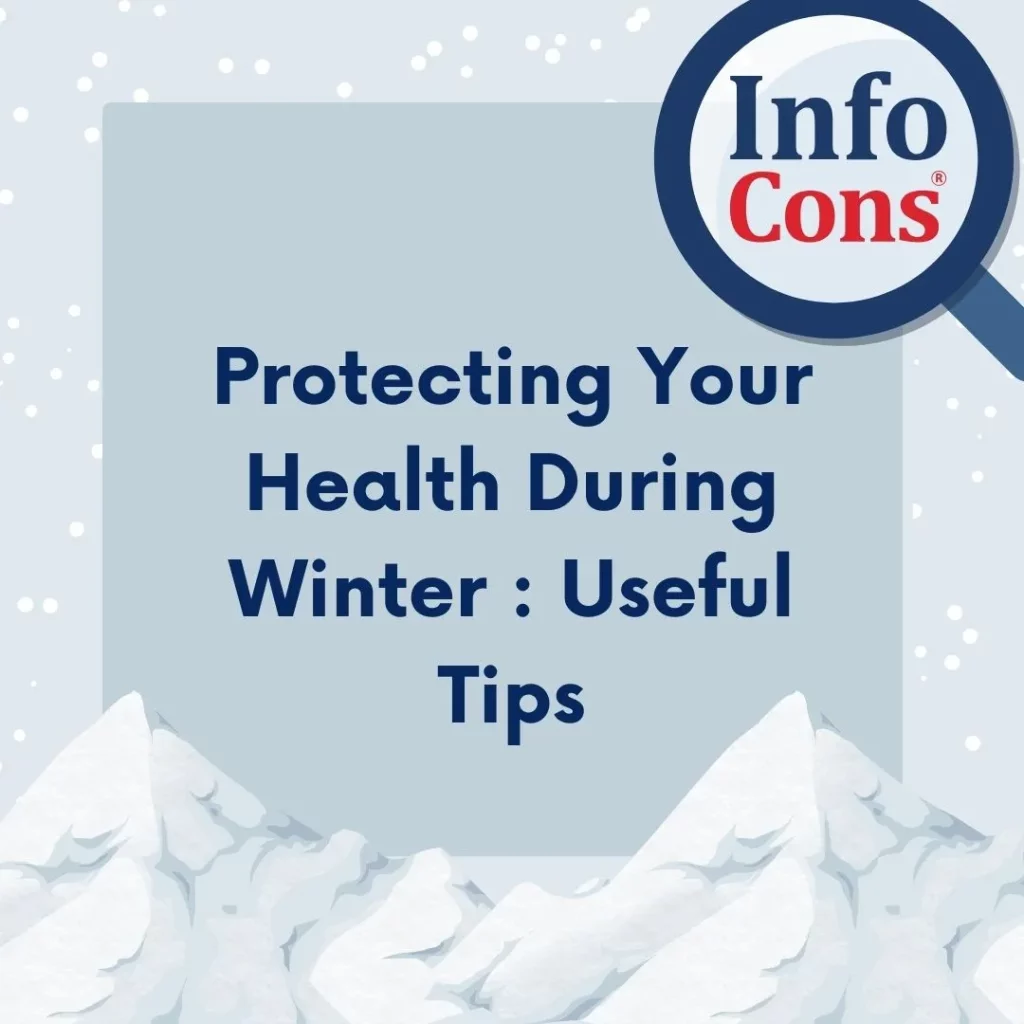
Winter brings shorter days, colder temperatures, and tricky weather conditions that can challenge your health. With the return of infectious illnesses like flu and RSV, it’s important to adopt strategies to maintain well-being. Below are five actionable ways to stay healthy this winter.
-
Defend Against Infectious Illnesses
Winter conditions and increased indoor gatherings create the ideal environment for viruses like flu and RSV to thrive. While symptoms are often mild, these illnesses can cause severe health issues for older adults, pregnant women, and those with pre-existing conditions.
- Stay Protected with Vaccines
Vaccines for flu, RSV, COVID, shingles, and pneumonia can significantly reduce risks. While the NHS offers these vaccines for vulnerable groups, others can access them privately at pharmacies, with flu shots typically costing £10–£20. Some employers also provide flu vouchers—check your workplace for availability. - Practice Good Hygiene
Frequent handwashing and covering your mouth when coughing or sneezing are simple yet effective ways to limit the spread of germs.
Read also : Did you know that consuming too much sugar can have serious health consequences ?
-
Stock Up on Winter Health Essentials
Feeling unwell can make running errands difficult, so it’s wise to prepare in advance.
- Must-Have Supplies
Keep a stock of paracetamol, ibuprofen, throat lozenges, decongestants, antihistamines, and a thermometer. Honey is also a natural remedy for soothing sore throats when mixed with hot water. Instead of buying costly combination cold remedies, save money by pairing paracetamol with coffee for enhanced relief. - Don’t Forget Vitamin D
In the UK, a vitamin D supplement is recommended during winter. Gummies or tablets are readily available in supermarkets and pharmacies.
-
Stay Warm and Comfortable
Maintaining warmth and keeping your home free of dampness is vital for overall health, particularly if you have conditions like asthma, Raynaud’s, or cardiovascular disease.
- Home Heating Tips
The NHS suggests keeping your living space at 18°C (16–20°C if you have a baby). Use electric blankets, throws, hot water bottles, and layer thin clothing to trap heat efficiently. - Energy-Saving Measures
Seal draughts with tapes or excluders and rearrange furniture to avoid blocking radiators. Close curtains at night to retain heat. - Access Warm Spaces
If heating costs are a concern, look for designated warm spaces in your area. These facilities often offer social activities in addition to warmth.
Read also : The Role of Consumer Empowerment in Achieving a Green Transition
-
Prevent Slips and Falls
Winter’s icy conditions increase the risk of falls. To stay safe:
- Clear and Maintain Pathways
Regularly remove leaves, debris, and snow from walkways. Use salt, ash, or sand for added traction. - Choose Proper Footwear
Invest in sturdy winter shoes with excellent grip to reduce slip risks. - Medication Awareness
Certain medications, including antidepressants and blood pressure meds, may elevate fall risks. Be extra cautious if you take multiple prescriptions.
-
Care for Your Mental Health
The lack of sunlight in winter can affect mood and exacerbate conditions like anxiety and depression.
- Maximize Daylight Exposure
Spend time outdoors and sit near windows to benefit from natural light, which helps regulate your body clock and improve sleep quality. - Reach Out for Help
If you’re feeling overwhelmed, remember that support is available. Don’t hesitate to seek help—you’re not alone.
Read also : Trends and Projections in Combating Climate Change in Europe
Source : Which? UK
InfoCons – European Organization for Consumer Protection and Promotion of Programs and Strategies , a full member of the World Organization Consumers International , founding member of the Federation of Consumer Associations , and member of ANEC .